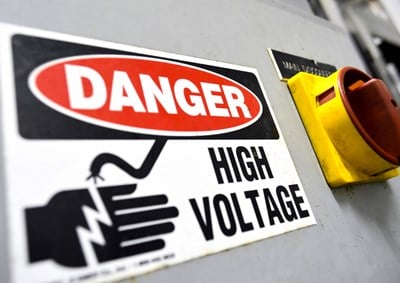Death from an opioid overdose happens when too much of the drug overwhelms the brain and interrupts the body’s natural drive to breathe. If you or a loved one are taking opioids, it’s important to know the risks and the signs of an opioid overdose. Here are some tips from the Centers for Disease Control and Prevention (CDC).
Anyone who uses opioids can experience an overdose, but certain factors may increase risk including but not limited to:
- Combining opioids with alcohol or certain other drugs
- Taking high daily dosages of prescription opioids
- Taking more opioids than prescribed
- Taking illicit or illegal opioids, like heroin or illicitly-manufactured fentanyl, that could possibly contain unknown or harmful substances
- Certain medical conditions, such as sleep apnea, or reduced kidney or liver function
- Age greater than 65 years old
During an overdose, breathing can be dangerously slowed or stopped, causing brain damage or death. It’s important to recognize the signs and act fast. For patients and their loved ones, it is important to recognize the signs of an opioid overdose:
- Small, constricted “pinpoint pupils”
- Falling asleep or loss of consciousness
- Slow, shallow breathing
- Choking or gurgling sounds
- Limp body or extremities
- Pale, blue, or cold skin
- Significant changes to vital signs (drastic rise or drop in temperature, weak or rapid pulse, rapid or slow heartbeat)
- Nausea, vomiting, diarrhea
Call 911 if you think a person has overdosed. Do your best to keep them awake and breathing, for example, lay them on their side to prevent choking. Stay with the person until emergency medical professionals arrive.
 American College of Emergency Physicians
American College of Emergency Physicians







